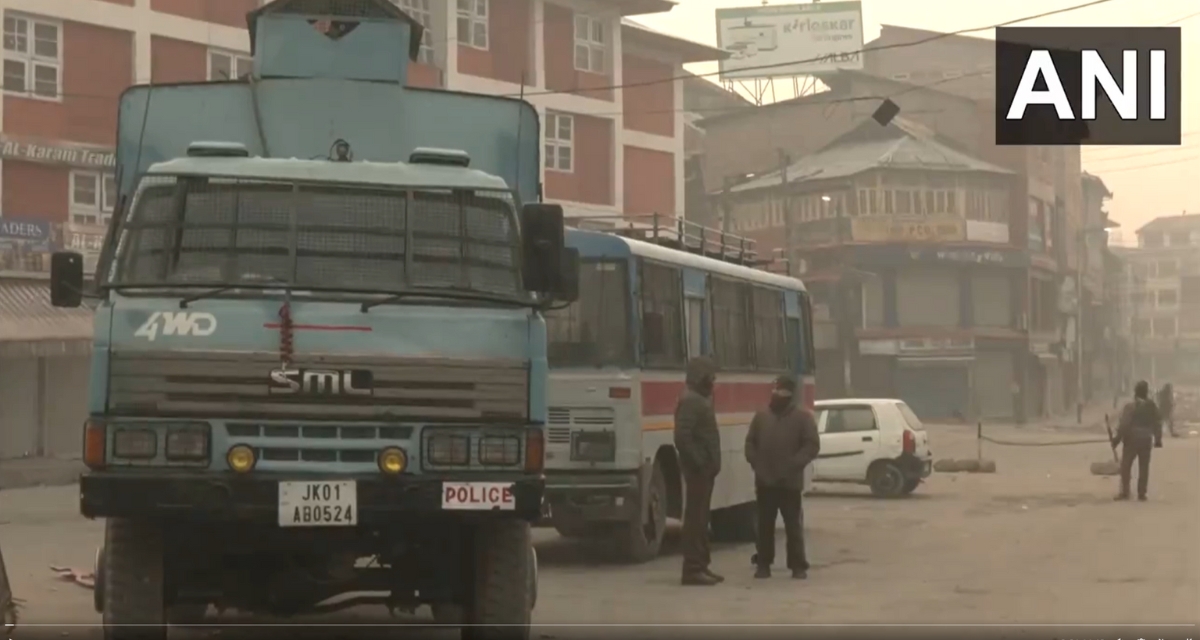New Delhi/Srinagar, December 11, 2023 – Today, the Supreme Court of India, led by Chief Justice DY Chandrachud and comprising Justices Sanjay Kishan Kaul, Sanjiv Khanna, BR Gavai, and Surya Kant, is poised to deliver its long-awaited Supreme Court to announce verdict on article 370 abolition Controversy and the bifurcation of Jammu and Kashmir into two Union Territories.
The Supreme Court’s Constitution Bench is responding to a multitude of petitions challenging the revocation of Article 370, a move that took place on August 5, 2019. This pivotal decision, which integrated Jammu and Kashmir into the Indian Union, has been the subject of intense debate and legal scrutiny ever since.
In response to the petitioners’ allegations of “constitutional fraud,” the central government, represented by Attorney General R Venkataraman and Solicitor General Tushar Mehta, has steadfastly defended its actions. They argue that the decision to revoke Article 370 was taken in accordance with established legal processes and was not a “constitutional fraud.”
One of the core issues raised by senior advocate Kapil Sibal, representing the petitioners, is the permanence of Article 370. Sibal contends that since Article 370 was considered permanent following the dissolution of the Jammu and Kashmir Constituent Assembly, the Indian Parliament lacked jurisdiction to unilaterally revoke it.
The Jammu and Kashmir High Court Bar Association has also weighed in, asserting that the Maharaja of Jammu and Kashmir, while acceding to India, retained sovereignty over the region. They argue that the state retained authority over lawmaking and governance, excluding defense, foreign policy, and communication.
The central government counters these arguments by emphasizing the marked reduction in street violence and improved conditions in the region since the revocation of Article 370 in 2019. They claim that peace, progress, and prosperity have been brought to Jammu and Kashmir, which were previously marred by terrorism and secessionist movements.
The Constitution Bench has diligently considered applications from a diverse range of stakeholders, including private citizens, lawyers, activists, politicians, and political parties, all contesting the revocation of Article 370 and the transformation of Jammu and Kashmir into Union Territories.
As the nation awaits the Supreme Court’s verdict, security has been significantly heightened in the Srinagar city and throughout the valley. Authorities have issued guidelines under CrPC section 144 to regulate social media content and prevent the spread of content that is communally sensitive or promotes terrorism and secessionism.
#WATCH | J&K: Security heightened in Srinagar ahead of the Supreme Court's verdict on the batch of petitions challenging the abrogation of Article 370 in Jammu and Kashmir. pic.twitter.com/yfMNBwAK8v
— ANI (@ANI) December 11, 2023
A peaceful atmosphere is of paramount importance, and security forces are taking all necessary precautions to ensure stability in the region during this crucial time.
VIDEO | Security upped in Srinagar, Jammu and Kashmir ahead of SC judgment on abrogation of Article 370. pic.twitter.com/Mu287uoBn6
— Press Trust of India (@PTI_News) December 11, 2023
The judgment holds immense significance, as it will shape the future of Jammu and Kashmir and impact its political and constitutional status. The nation watches with bated breath as the Supreme Court prepares to deliver its verdict, providing closure to a debate that has spanned several years.


[…] Supreme Court to Announce Verdict on Article 370 Abolition Controversy […]